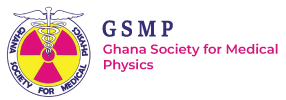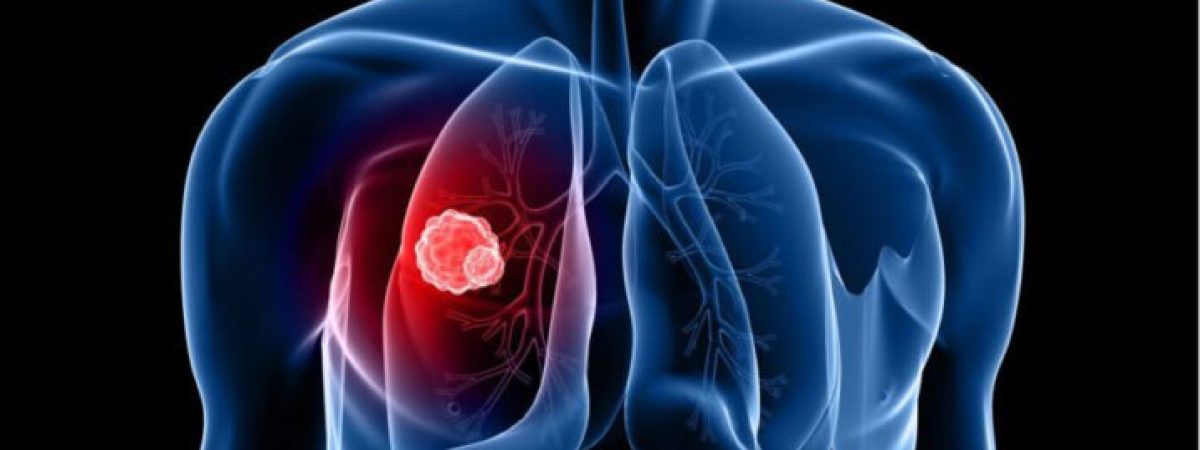A Senior Research Scientist at the Radiological and Medical Sciences Research Institute (RAMSRI) of the Ghana Atomic Energy Commission (GAEC) has disclosed that the death toll associated with Cancers in Ghana is on the rise due to inadequate information and improper management of these cancers.
Dr. Francis Hasford disclosed this in a lecture delivered at the monthly GAEC seminar series on the topic “Managing Cancer with radiation: is Ghana on Track?”
According to him, the rate of cancer incidence in Europe and other parts of the Western World is higher compared to Ghana, but usually records low deaths due to adequate information and effective management of the disease.
Speaking on Ghana’s situation with respect to cancer treatment, he disclosed that over 4 million people compete for one Radiotherapy machine nationwide, which he described as unfortunate. He added that the situation has mostly led to a frequent breakdown of the treatment facilities due to intense pressure.
“So far Ghana has only 3 Radiotherapy facilities for cancer treatment. One is situated at Korle bu Teaching Hospital and another at Komfo Anokye Teaching Hospital with one being a private facility”, he said.
Dr. Hasford who is also a lecturer at the Gradate School of Nuclear and Allied Sciences (SNAS), suggested that Ghana must adopt a national strategy for cancer management in order to control the situation.
Giving some statistics on cancer cases recorded in 2017, Dr. Hasford revealed that out of a total of 2,400 people who were diagnosed in Ghana, females recorded 65 percent, out of that number. Out of the total number of females, 36 percent were diagnosed with breast cancer cases. Consequently, the figure for Males stood at 35 percent, with 21 percent being cases of prostate cancer.
The Director of RAMSRI, Prof. Mary Boadu in an interview blamed the situation on inadequate public education. According to her, most cancer victims resort to herbalists who may not know their actual ailments for treatment, before they later report to the hospitals when their conditions have deteriorated. She added that the situation in most cases become unmanageable since it has gotten to its worst stage.
She further called for an equal measure of awareness-creation for cancer as it is with HIV and Malaria. Prof. Boadu finally advised the general public to make it a habit to go for cancer screening for possible early detection in order to help control the menace.
Souce: www.gaecgh.org



